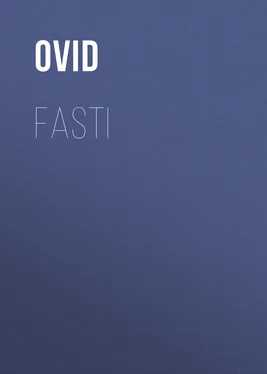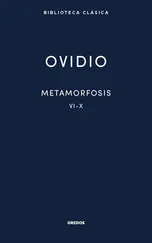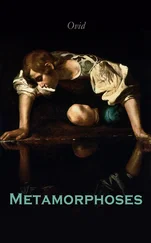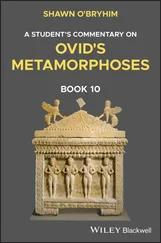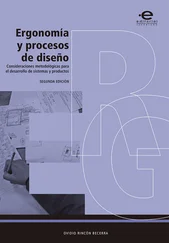Orta dies fuerit: tu desine credere ventis,
Perdidit illius temporis aura fidem.
Flamina non constant: et sex reserata diebus 455
Carceris aeolii janua laxa patet.
Jam levis obliqua subsedit Aquarius urna.
Proximus aetherios excipe, Piscis, equos.
Te memorant fratremque tuum—nam juncta micatis
Signa—duos tergo sustinuisse deos. 460
Terribilem quondam fugiens Typhona Dione,
Tunc quum pro coelo Jupiter arma tulit,
Venit ad Euphraten comitata Cupidine parvo,
Inque Palaestinae margine sedit aquae.
Populus et cannae riparum summa tenebant, 465
Spemque dabant salices, hos quoque posse tegi.
Dum latet, intonuit vento nemus. Illa timore
Pallet, et hostiles credit adesse manus;
Utque sinu natum tenuit, Succurrite Nymphae,
Et dîs auxilium ferte duobus, ait. 470
Конец ознакомительного фрагмента.
Текст предоставлен ООО «ЛитРес».
Прочитайте эту книгу целиком, купив полную легальную версию на ЛитРес.
Безопасно оплатить книгу можно банковской картой Visa, MasterCard, Maestro, со счета мобильного телефона, с платежного терминала, в салоне МТС или Связной, через PayPal, WebMoney, Яндекс.Деньги, QIWI Кошелек, бонусными картами или другим удобным Вам способом.
[Greek: Akronyx, akronychia, to akron taes nuktos].
See the Cambridge Philological Museum, No. V. p, 474.
Certus undenos decies per annos
Orbis ut cantus referatque ludos.
HORACE CAR. SEC. 21.
It is for this reason that in my note on I. 1, I have called the Latin year a solar one, for such it was when Ovid wrote.
On the subjects treated of in this section, see Niebuhr on the Secular Cycle, in his History of Rome, and Scaliger de Emendatione Temporum.
That this is by no means improbable is evident from the circumstance, that the name of the intercalary month, Mercedonius, is to be found in no Latin writer. It would be unknown to us, if Plutarch had not chanced to mention it.
Jana was the moon, and from Dea Jana (pronounced Yana ), was made Diana.
Endo or indu , was an old form for in . It may still be seen in the fragments of Ennius and in Lucretius.
Macrob. Sat. I. 16.
Liv. ix. 46.
At Rome, in 1772, by Fogginius.
